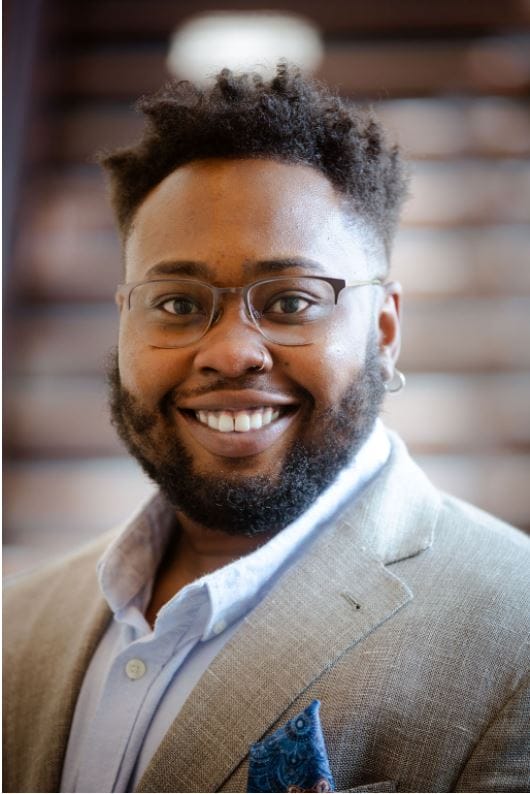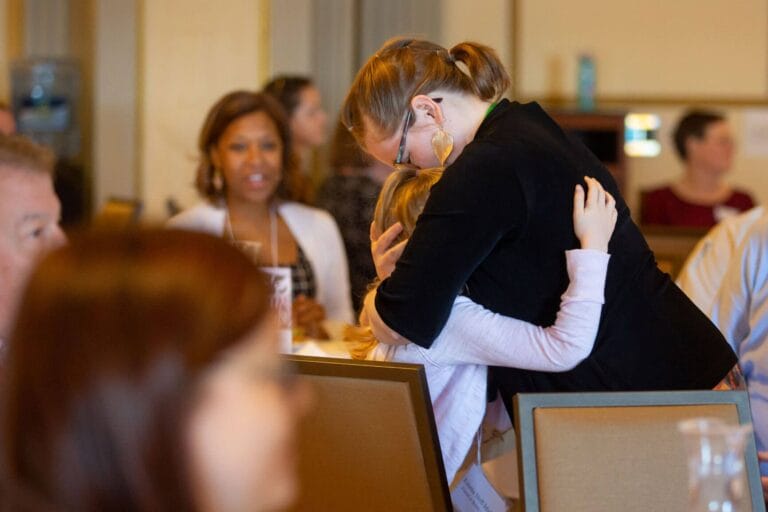
What continuing education can do for you
If you’re still trying to kick-start your 2023 goals, consider how continuing education can enhance your career – and your life.
Let’s talk about what continuing education is, but first: You’re in luck because Wisconsin is somewhat of a mecca for adult students who want to further their knowledge. The University of Wisconsin–Madison was one of the first continuing education programs in the country when it began in 1907. And it’s still propelled by the Wisconsin Idea, a notion that education should influence people’s lives beyond the boundaries of the classroom.

A far cry from basic correspondence courses where students snail-mailed their lessons, continuing education includes a broad range of opportunities. Consisting often of short or part-time courses, it’s generally offered by institutions of higher learning and can also include on-the-job training, certifications and even postsecondary degrees.
Continuing ed can take place live in a classroom on a college campus or online in your home on your personal computer.
I like to think of continuing education as a never-ending process that offers up numerous benefits over your lifetime: advancing your career or helping you transition to a new career, keeping up with rapidly changing technology, remaining innovative, networking with colleagues and growing personally.
Most important to note is that continuing ed can take just about any shape you need. Ask yourself these questions when pondering a program:
- What do I need to learn?
- What do I want to achieve with this learning?
- How much money can I invest in education?
- How much time do I have for classes and studying?
- What is the best learning format and style for me?
You’ll also want to consider whether you need or want continuing education credits. Often called CEUs, these credits can help you maintain professional status, licensure or certification in some industries. Healthcare workers, educators, attorneys, engineers and many other professionals need to regularly acquire CEUs.
You can even consider a learning option with stackable credentials – breaking larger certificate or degree programs into smaller units so you can tackle them incrementally to work toward a future goal.
When you’ve homed in on what kind of program you need and as you’re looking for continuing education providers, take note of their accreditation and the credentials of their instructors, among other factors like cost and convenience. You want to make sure your educational investment is sound.
Luckily, we’ve come a long way from 1907 when you had to send a letter through the post office to learn more and sign up for a continuing education program. These days, you can search online and in your local area for what’s offered and sign up with the click of a button. Or, talk to a friendly educational counselor. We can help you make 2023 a year of learning.
The Lifelong Learner is a monthly feature written by UW–Madison’s Continuing Studies staff. Ace Hilliard, an educational counselor, can be reached at [email protected]. This article first appeared in the Wisconsin State Journal on February 12, 2023.
Published on Feb 08 2023
Last Updated on Jul 10 2024
Categories: Adult Career and Special Student Services, News



